Police Watchdog Challenges Panorama's Chris Kaba Coverage With Ofcom Complaint
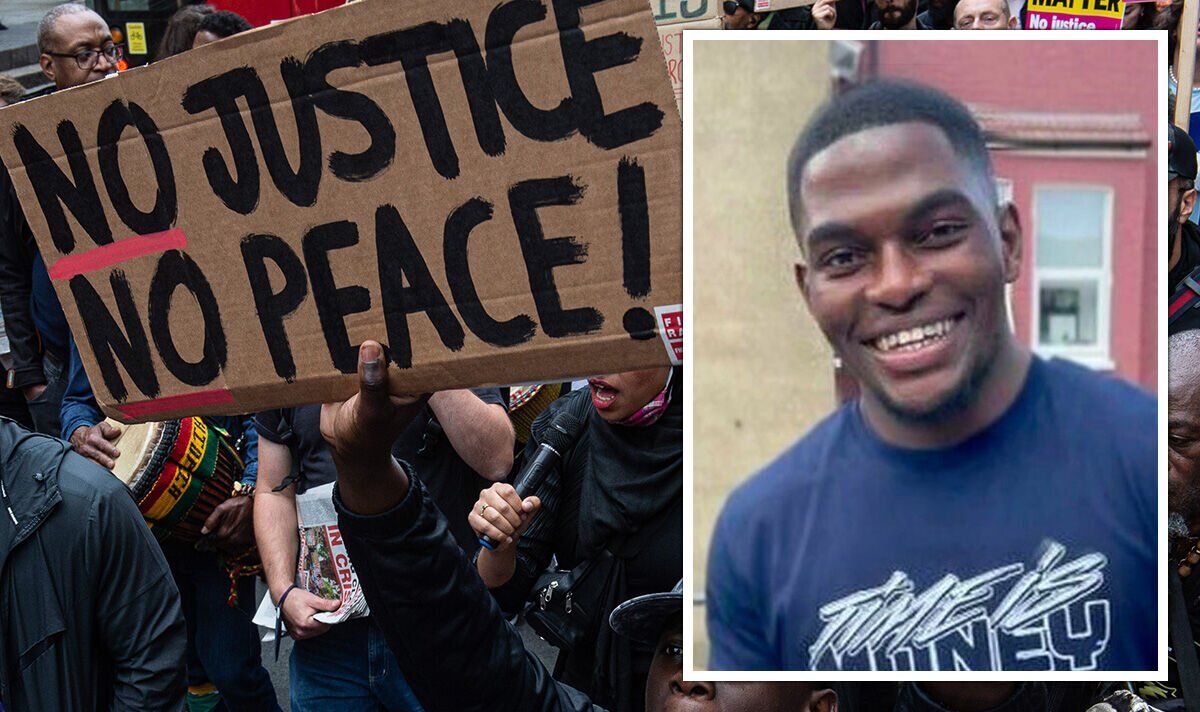
Table of Contents
The IOPC's Complaint Against Panorama
The IOPC's complaint against Panorama's Chris Kaba coverage is a significant development, raising serious questions about the BBC's journalistic practices and their potential impact on the ongoing inquest.
Specific Allegations of Bias
The IOPC's complaint likely centers on allegations of bias and inaccuracies within Panorama's investigation. Specific concerns may include:
- Misleading edits or selective use of evidence: The IOPC may argue that Panorama selectively presented evidence, creating a narrative that unfairly favored one side of the story. This could involve omitting crucial details or manipulating the sequence of events to shape public perception.
- Unfair portrayal of the police narrative: Concerns may exist that Panorama presented the police account in a way that lacked necessary context or nuance, potentially exacerbating public distrust.
- Insufficient counterpoints to police statements: The IOPC might allege that Panorama failed to provide sufficient counterpoints to the police statements, leaving a one-sided narrative that lacked balance and objectivity.
- Inflaming public opinion: A key concern might be that the program's presentation risked inflaming public opinion against the police without presenting a full and balanced picture of the complex circumstances surrounding Chris Kaba's death. This could potentially prejudice the ongoing legal processes.
Impact on Public Perception and the IOPC Investigation
The IOPC argues that Panorama's coverage could prejudice the ongoing inquest into Chris Kaba's death. This raises critical concerns about:
- Unfair trial by media: The media's portrayal of the case could potentially influence the outcome of the inquest before all the facts are presented and considered.
- Erosion of public trust: Biased reporting can undermine public trust in both police investigations and the judicial process itself. Fair and impartial reporting is essential for maintaining confidence in these systems.
- Importance of unbiased reporting in sensitive cases: The IOPC's action underscores the importance of objective and unbiased reporting, particularly in sensitive cases involving allegations of police misconduct and wrongful death.
The Chris Kaba Case and its Significance
The Chris Kaba shooting, and the subsequent IOPC investigation, has become a focal point in the ongoing debate surrounding police accountability and the use of lethal force.
Key Details of the Shooting
The shooting of Chris Kaba, a 24-year-old man, by a Metropolitan Police officer in Streatham, South London, on September 5, 2022, sparked widespread protests and outrage.
- Circumstances of the shooting: Chris Kaba was unarmed when he was shot. The exact circumstances surrounding the shooting remain a subject of intense scrutiny and investigation.
- Conflicting accounts: Discrepancies exist between the police account of the events and the account provided by Chris Kaba's family and witnesses.
- IOPC investigation findings: The IOPC's investigation is ongoing, and its findings will be crucial in determining the circumstances of the shooting and whether any wrongdoing occurred.
Wider Implications for Police Accountability
The Chris Kaba case has reignited discussions about:
- Police brutality against minority communities: The case highlights broader concerns about racial bias and disproportionate use of force by police against minority ethnic groups.
- Police reform: The case has fueled calls for significant police reform, including improved training, increased accountability, and greater transparency.
- Role of independent oversight bodies: The IOPC's role in investigating such incidents is paramount for ensuring independent scrutiny and public confidence in the justice system.
Ofcom's Role and Potential Outcomes
Ofcom, the UK's broadcasting regulator, will now investigate the IOPC's complaint against Panorama.
Ofcom's Investigative Process
Ofcom's investigation will involve:
- Gathering evidence: They will collect evidence from both the IOPC and the BBC, reviewing the Panorama program and gathering statements from relevant individuals.
- Content review: Ofcom will scrutinize the Panorama program's content, analyzing its presentation, editing, and overall narrative to assess whether it met broadcasting standards.
- Interviews: They may conduct interviews with key individuals involved in the production and broadcast of the program.
Potential Sanctions Against the BBC
If Ofcom finds the complaint justified, potential sanctions against the BBC could include:
- Formal reprimand: A public statement criticizing the BBC's journalistic practices.
- Correction or apology: The BBC may be required to broadcast a correction or apology for inaccuracies or biased reporting.
- Financial penalties: While less common, financial penalties could be imposed in serious cases of breach of broadcasting standards.
Conclusion
The IOPC's Ofcom complaint regarding Panorama's coverage of the Chris Kaba shooting marks a significant moment in the ongoing debate about police accountability and responsible media reporting. The outcome will set a precedent for future reporting on sensitive cases involving allegations of police brutality and wrongful death. The media's responsibility to report accurately and impartially, especially when covering investigations into potential police misconduct, cannot be overstated. Continued scrutiny of how the media covers such sensitive issues, particularly those intersecting with racial justice, is vital for ensuring transparency and maintaining public trust. Stay informed about the developments in the Chris Kaba case and the Ofcom investigation to understand the implications for police accountability and media responsibility.

Featured Posts
-
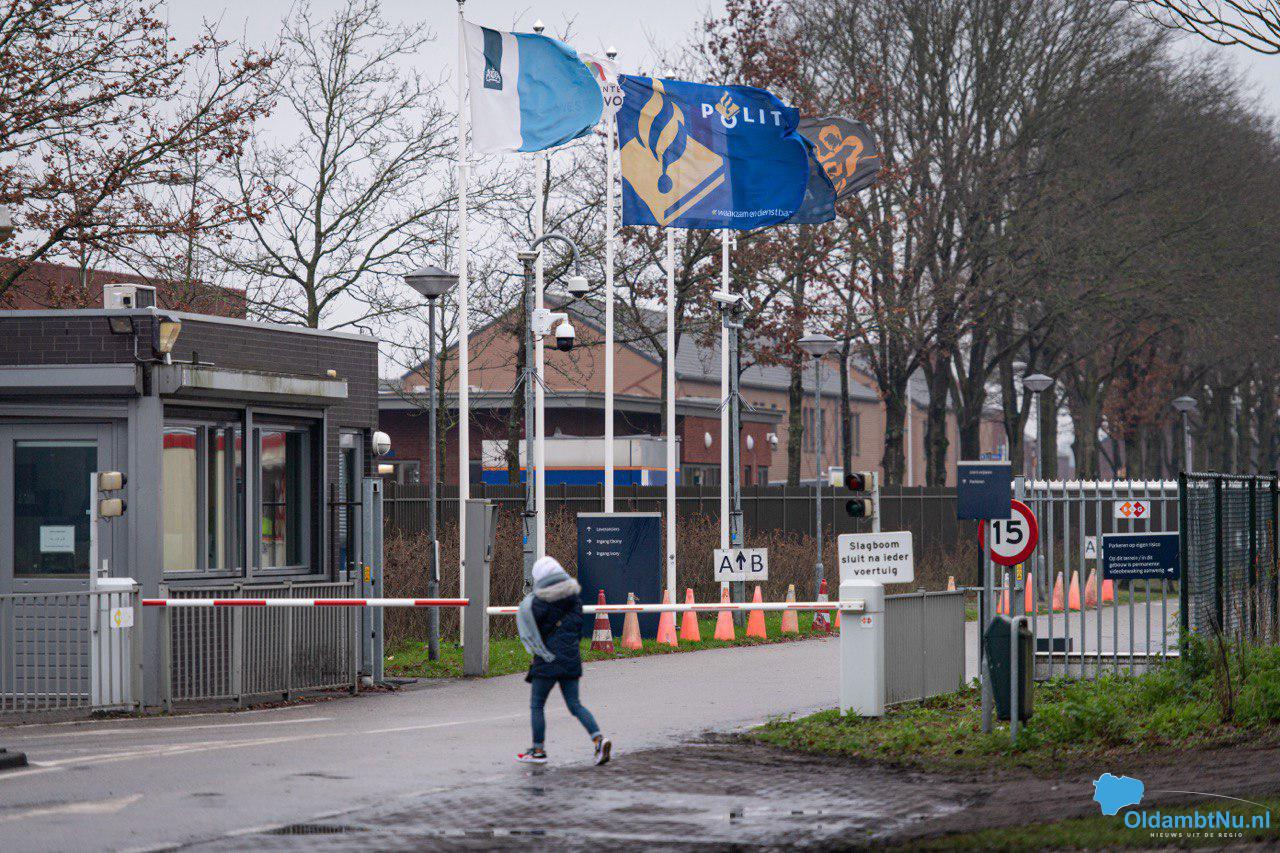 Kampen Start Kort Geding Tegen Enexis Duurzame School Zonder Stroom
May 01, 2025
Kampen Start Kort Geding Tegen Enexis Duurzame School Zonder Stroom
May 01, 2025 -
 Indiana Pacers Vs Cleveland Cavaliers Schedule Live Stream And Game Outlook
May 01, 2025
Indiana Pacers Vs Cleveland Cavaliers Schedule Live Stream And Game Outlook
May 01, 2025 -
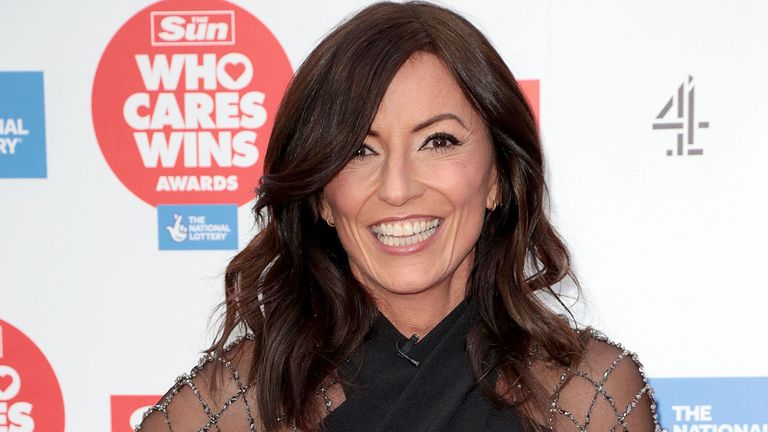 Holden And Mc Call Friend Speaks Out On Brain Tumour Diagnosis
May 01, 2025
Holden And Mc Call Friend Speaks Out On Brain Tumour Diagnosis
May 01, 2025 -
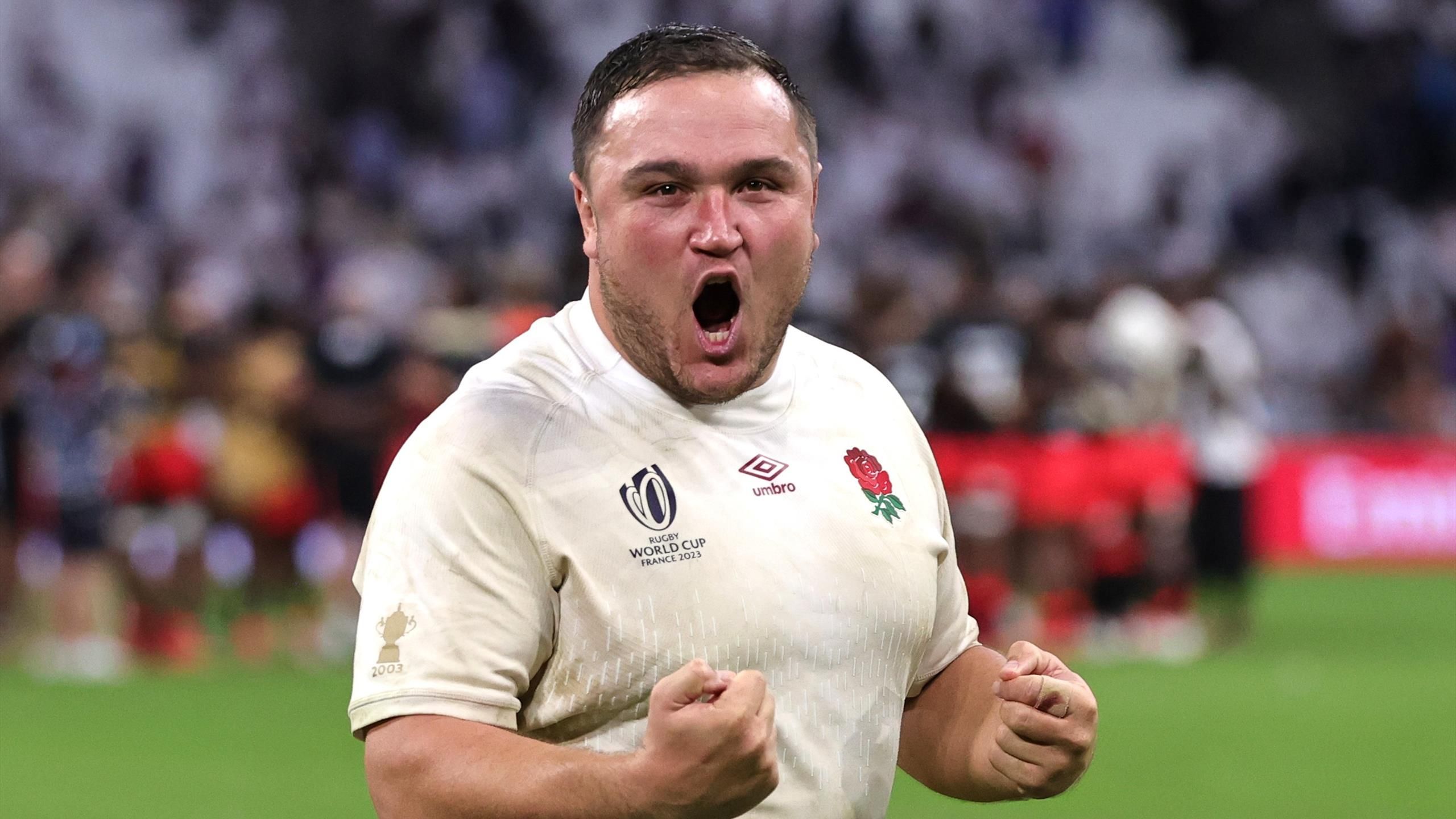 Six Nations French Victory English Dominance Disappointing Results For Scotland And Ireland
May 01, 2025
Six Nations French Victory English Dominance Disappointing Results For Scotland And Ireland
May 01, 2025 -
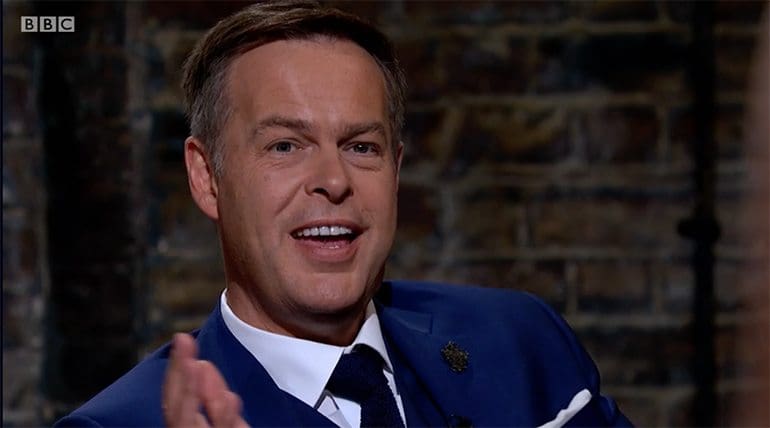 Peter Jones Savage Response Leaves Dragons Den Fans Gobsmacked
May 01, 2025
Peter Jones Savage Response Leaves Dragons Den Fans Gobsmacked
May 01, 2025
